Our working group, based at the University of Toronto Mississauga, consists of six members with unique researcher positionalities. We take a collaborative approach to group dynamics, with leadership rotating among members based on new project developments.

Sheliza Ibrahim
Assistant Professor, Teaching Stream — Institute for the Study of University Pedagogy
Sheliza Ibrahim is a mathematics educator at UTM, teaching Numeracy for University and Beyond. With over a decade in mathematics education, she researches numeracy, computational thinking, and STEM pedagogy, collaborating with universities, especially in the Caribbean.
Her work integrates culturally responsive pedagogy, social justice education, and decolonization in math teaching. She holds a Ph.D. in Science Education (York), an M.Sc. in Science Communication (Queen’s Belfast), and an Hons. B.Sc. in Biology and Anthropology (UTM).
Outside academia, she blogs (www.drsheliza.com and hikes—her highest summit: Mt. Fuji, Japan.
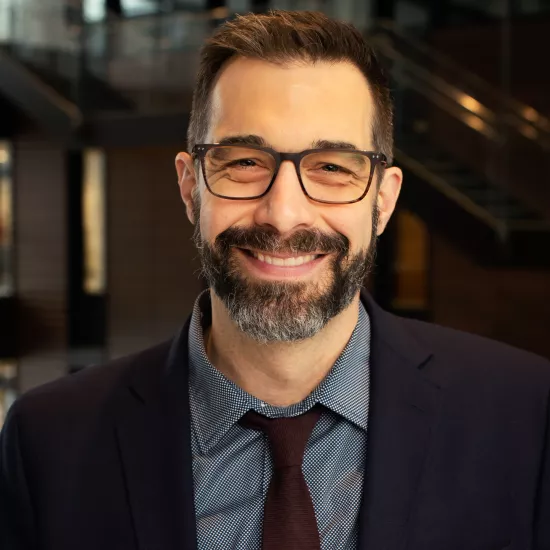
Mark Blaauw-Hara
Assistant Professor, Teaching Stream — Institute for the Study of University Pedagogy
Mark Blaauw-Hara is an Assistant Professor, Teaching Stream at UTM, teaching Writing for University and Beyond. He is also an Associate Faculty Member at OISE, specializing in writing studies, threshold concepts, and transfer theory.
A former President of the Council of Writing Program Administrators, he has published widely, including From Military to Academy (CCC Outstanding Book Award nominee) and Understanding Writing Program Administrator Readiness and Renewal (2023).
He holds a Ph.D. in Rhetoric and Textual Studies (Old Dominion), an M.A. in Rhetoric and Composition (ASU), and a B.A. in English Education (MSU).
Outside academia, Mark plays guitar, drums, and bass and has performed in several bands.
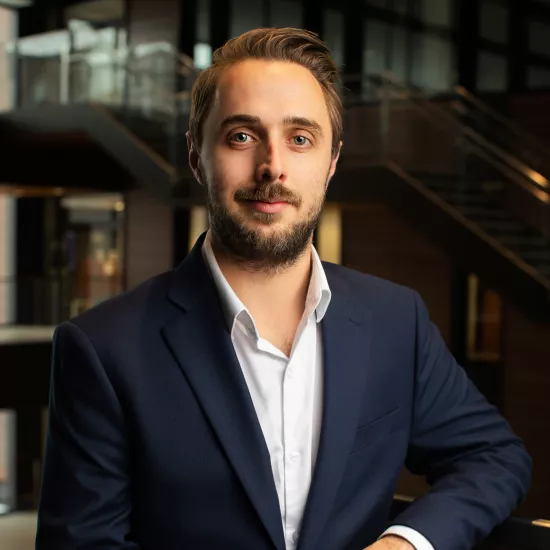
Christopher Eaton
Assistant Professor, Teaching Stream — Institute for the Study of University Pedagogy
Christopher Eaton bridges education and writing in both his teaching and research, specializing in curriculum development, multimodality, and emerging pedagogical technologies. A rhetorician with a focus on writing transfer, he explores how students integrate various modes and digital tools to support learning.
His recent work examines AI in pedagogy, multimodal assessment, and text design, including projects on virtual reality, infographics, and podcasting. He developed a multimodal ensemble for threshold concepts of writing, the 1-9-2 Chronicles podcast, and Pedagogies across Modes, a blog on multimodal teaching.
Students are central to his work—as co-constructors of knowledge, not just learners. Outside academia, he enjoys hiking, reading, and spending time with friends and family.
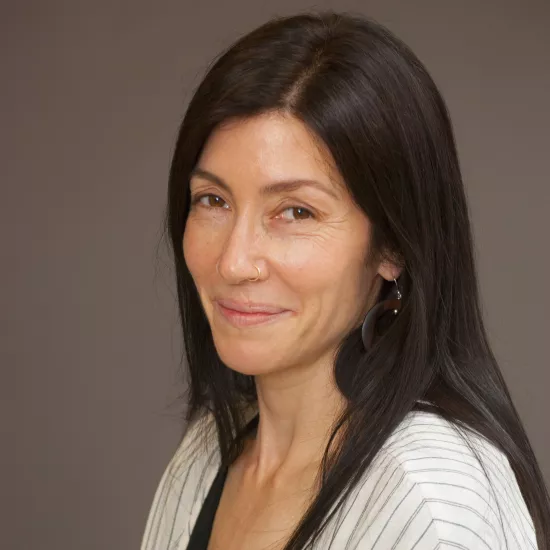
Michelle Troberg
Associate Professor, Teaching Stream, Linguistics — Language Studies
Michelle Troberg studies language change, focusing on how and why syntax evolves over time—examining structural shifts, common patterns, and underlying causes. She explores how these changes inform linguistic theory and enjoys sharing this passion with her students.
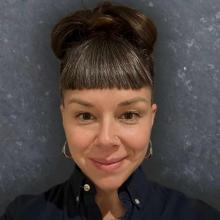
Kathleen Scheaffer
Strategic Initiatives & Liaison Librarian
Kathleen Scheaffer, Strategic Initiatives and Liaison Librarian, University of Toronto Mississauga (U of T), works closely with faculty, researchers, librarians, professionals, students, and alumni to enrich research, teaching, and learning spaces and opportunities. At the forefront of all her endeavors is her commitment to establishing and reinforcing strong relationships with each other, ideas, and possibilities within and beyond the walls of the University.
Kathleen’s research interests and pursuits stretch across an array of information studies topics, including: collaboration, social media, mobile phone usage, digital identity literacy, the changing role of the library within and information-based economy, and the intersection of mindfulness resources, spaces, and programs within universities and colleges. Her current research examines how practices of connection to ourselves, information, ideas, threshold concepts and each other in physical and digital environments can be shaped by concrete and emergent resources, spaces, programs, policies, terms, and guidelines.
Learn more about Kathleen's work: https://discover.research.utoronto.ca/12920-kathleen-scheaffer/

Joanna Szurmak
Head, Instruction Services
Joanna Szurmak is the Coordinator of Instruction and a Research Services & Liaison Librarian at the University of Toronto Mississauga Library, supporting Psychology, Anthropology, Robotics, and Forensic Science. She leads the library’s knowledge synthesis service and teaches in the Systematic & Scoping Review Bootcamp. A PhD candidate in Science and Technology Studies at York University, her research explores Jane Jacobs as a knowledge producer. She co-authored Population Bombed!, short-listed for the Donner Prize, and co-hosted the podcast Bright Lights, Big Sauga. Her background includes graduate degrees in electrical engineering and information studies, and experience in telecommunications, research labs, and academic libraries in Canada and the U.S.
Claire Gouveia
PhD Candidate, OISE
Claire Gouveia is a doctoral candidate in the Language and Literacies Education Program at OISE, University of Toronto. Her research interests include second language confidence and proficiency in Ontario’s French-as-a-second language programs.
Past Members
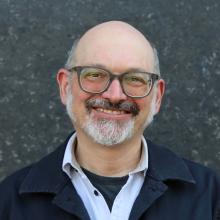
David Gerstle
Research Services & Liaison Librarian
David Gerstle is Research Services and Liaison Librarian at University of Toronto Mississauga Library. His research support, teaching, and collections cover several disciplines in the social and health sciences. In his own research, he studies and argues the role of librarians in communicating health science to non-expert audiences. As an information specialist working also with community stakeholders, he supports scoping and systematic reviews in both scholarly and grey literature to inform evidence-based answers in public health and medicine.
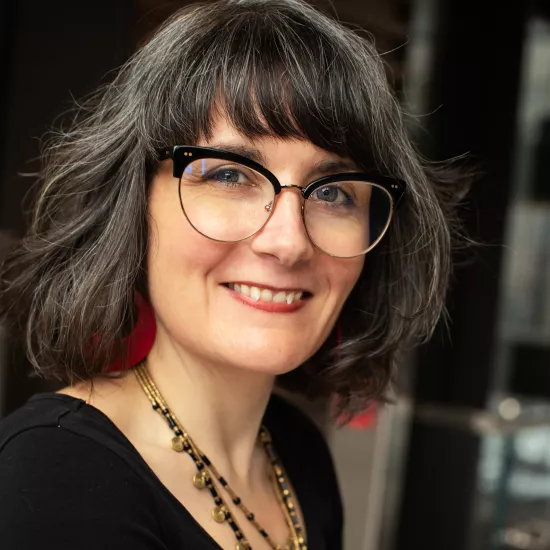
Sarah Seeley
Associate Professor, Teaching Stream — Associate Director, Curriculum Institute for the Study of University Pedagogy
Sarah Seeley holds a B.A. in archaeological studies from SUNY Potsdam and an M.A. and Ph.D. in anthropology from Binghamton University. She shifted her focus to teaching writing in 2011 and has since taught writing and linguistic anthropology at various U.S. universities. Before joining the Institute for the Study of University Pedagogy, she developed a strong commitment to writing as a social discourse.
At UTM, Sarah teaches ISP100: Writing for University and Beyond, helping students write with purpose, confidence, and critical awareness. Her research interests include language ideology, writing pedagogy, and academic labor, using ethnographic methods to explore how language shapes literacies. Her current work investigates how English’s global dominance creates invisible labor in a Colombian public university. Her writing appears in journals such as Currents in Teaching and Learning, Journal of Multimodal Rhetorics, and Textshop Experiments.
Outside academia, Sarah enjoys cooking, crafting, and practicing yoga daily.
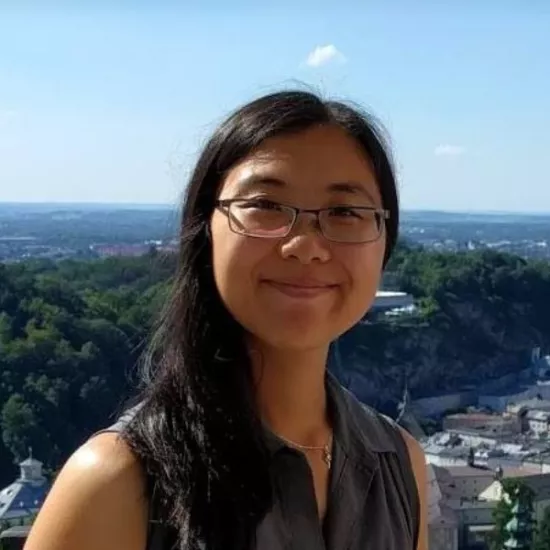
Lisa Zhang
Assistant Professor, Teaching Stream (CSC) — Mathematical and Computational Sciences
Lisa is an Assistant Professor, Teaching Stream, in the Department of Mathematical and Computational Sciences at the University of Toronto Mississauga, with cross-appointments at the Institute for the Study of University Pedagogy and the Institute for Management and Innovation. A former startup founder, data scientist, and machine learning researcher, Lisa brings a multidisciplinary background to teaching and research in computer science education.
At UTM, Lisa teaches courses in machine learning and programming languages and coordinates the Writing Across the Curriculum initiative for computer science students. As a member of the CS Education Research Group at the University of Toronto, Lisa's current research focuses on how machine learning is taught and learned across diverse student populations and learning goals. While not supervising graduate students, Lisa frequently collaborates with undergraduates on CS education projects.